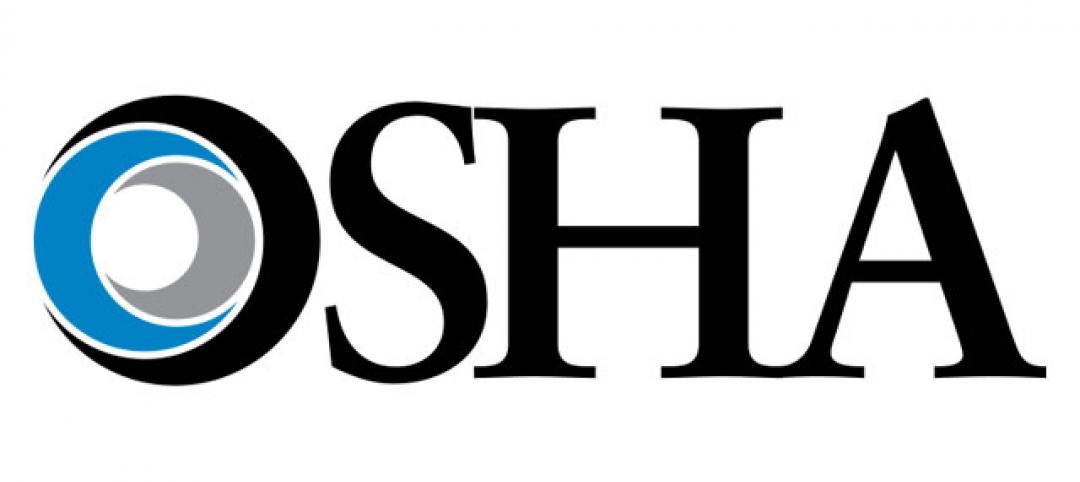More than half of residential and commercial properties in Houston that are at high or moderate risk of flooding are not included in the Federal Emergency Management Agency's Special Flood Hazard Areas (SFHA), according to CoreLogic.
Properties outside those zones don't need flood insurance, so many flood victims of Hurricane Harvey will not have access to insurance reimbursements to make repairs. About 52% of residential and commercial properties in the Houston metro are at “High” or “Moderate” risk of flooding, but are not in a (SFHA), CoreLogic says.
Less than two weeks before Harvey, President Trump did away with the Obama-era Federal Flood Risk Management Standard that required federally funded construction in flood-prone areas to be built to higher resilience standards. There are concerns that rebuilding in Houston will not be done according to the more stringent standards that in some cases require structures to be built at higher elevations.
FEMA had proposed that most construction projects using federal funds be built 2 feet above the 100-year floodplain. Hospitals and other "critical action" projects would have been required to be built 3 feet above that floodplain. The higher elevation could mean the difference between full hospital functionality and a complete failure of electrical, plumbing, and mechanical systems, according to an NBBJ healthcare partner quoted in a Modern Healthcare report.
Related Stories
| Dec 12, 2011
Philadelphia Mayor Signs Order for Project Labor Agreements
Philadelphia Mayor Michael Nutter signed an executive order establishing project labor agreements for major public works projects in Philadelphia.
| Dec 12, 2011
Improved Code Requirements for Attic Ventilation
The International Code Council (ICC) recently published the 2012 International Residential Code (IRC) that includes improved code requirements for balanced intake and exhaust for ventilated attics.
| Dec 12, 2011
DOE makes 2010 ASHRAE energy standard the reference for state energy codes
The U.S. Department of Energy (DOE) issued a ruling that establishes the 2010 American Society of Heating, Refrigerating and Air-Conditioning Engineers’ (ASHRAE’s) 2010 energy efficiency standard as the commercial building reference standard for state building energy codes.
| Dec 1, 2011
Chinese cabinet approves regulation to prevent fraud in construction bidding
China’s State Council approved a regulation to standardize bidding processes for construction and other business-related projects in order to prevent fraud and misconduct.
| Dec 1, 2011
More stringent efficiency codes driving growth in green building industry
Thanks partly to upgraded building codes, the building energy efficiency market will soar more than 50% between now and 2017 to $103.5 billion, according to Pike Research.
| Dec 1, 2011
Safety tracking tool helping prevent injuries at World Trade Center site
Since putting in place their Safety Management Systems Tracking Tool three years ago, risk managers for the World Trade Center project in New York say they've seen workplace injuries, reported hazards, and workers compensation claims decline.
| Dec 1, 2011
OSHA releases new construction safety videos
OSHA released new safety videos to offer both employers and workers brief, easy-to-understand education about construction safety.
| Dec 1, 2011
GSA Region 5 BIM standards could set national agenda in government contracting
Learning how the GSA wants to work with contractors using Building Information Models (BIM) will dramatically improve your odds of winning federal work.
| Nov 23, 2011
Fenestration council seeks committee members
The National Fenestration Rating Council (NFRC) is seeking members for a committee to pursue recognition of its ratings procedures from the American National Standard Institute (ANSI).
| Nov 23, 2011
Obama signs repeal of 3% withholding on government contracts
President Obama signed a bill that repeals a law requiring governments to withhold 3% of payments over $10,000 to contractors.















